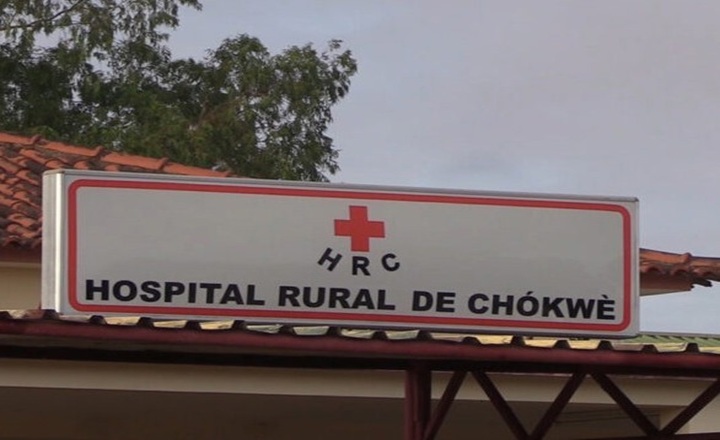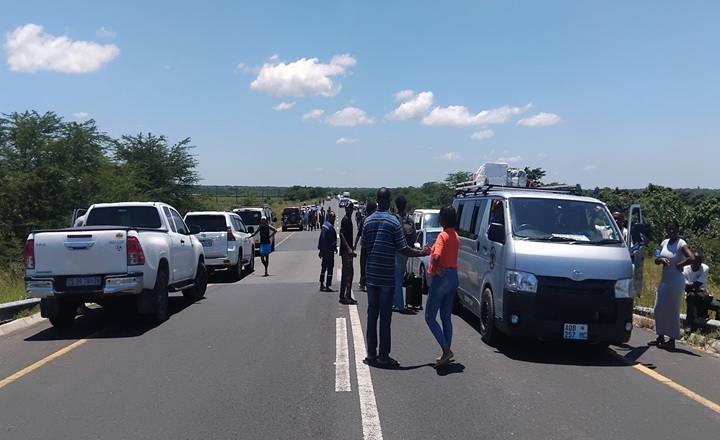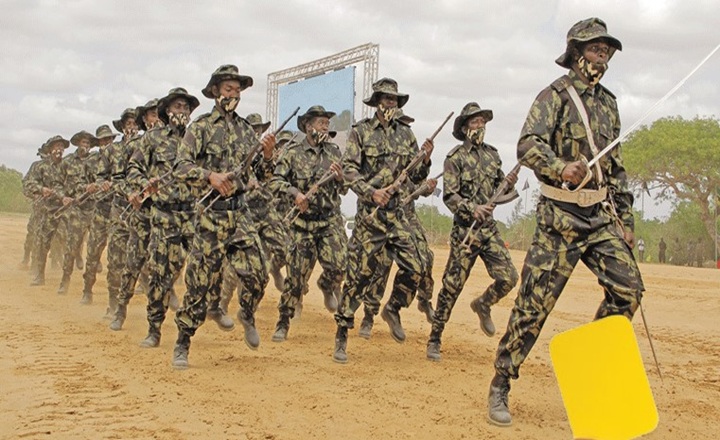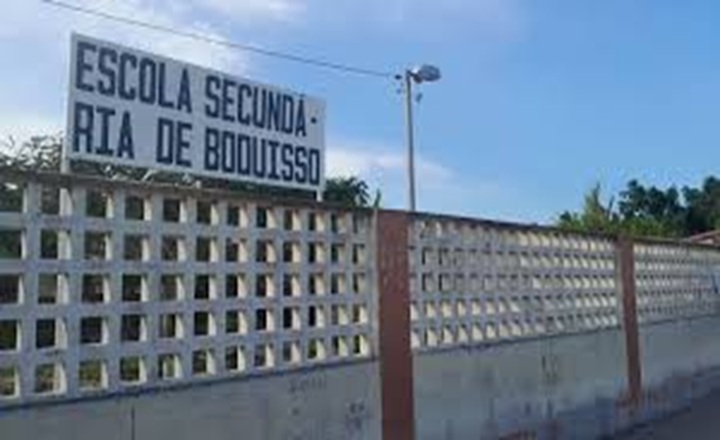
Yellow Card to Democracy: The Decline of the Mozambican Model and the End of the Third Wave
.jpg)
This week, the yellow card goes to democracy, specifically the Mozambican model built on authoritarian foundations and as an effort to pacify the country that was immersed in a bloody war in the face of the government's inability to contain the armed resistance. More precisely, this week's yellow card directly affects the democratic staging in Mozambique, where the multi-party system that emerged with the third wave of democratization in the 1990s seems to have lost its ability to reinvent itself, regulate itself and sustain peace. More than three decades later, Mozambican democracy is today a system that is functionally disguised as pluralist, but viscerally controlled by a dominant party that, through a web of institutional capture, has secured for itself almost absolute power. This fact, highlighted every day, in every election and in every procedure, appears to be dangerous in the short and medium term, because people are less and less compelled to live in authoritarian systems or façade democracies and the recent post-electoral violence could be the antechamber of what the future holds for us if nothing is done to free the institutions to materialize the will of the voters expressed at the ballot box.
Since the Rome Peace Accords of 1992, Mozambique has taken its first steps on the path to democratization. There was a time when the world applauded the "Mozambican miracle". The first multiparty elections in 1994 were hailed as a historic milestone. However, the signs that something was structurally wrong were already there: a party-state that never relinquished control of the state apparatus, an unarmed opposition in conditions of unequal competition, and a civil society that was weak in the face of the state machinery.
Over time, the trend has been getting worse. In each electoral cycle, the same problems have returned: flawed voter registrations, dependent electoral commissions, opaque counting processes, systematic refusals to recount, and recurring reports of ballot box stuffing and manipulation of results. In 1999, the contest between Joaquim Chissano and Afonso Dhlakama ended with a disputed result and latent tensions. In 2004, with Armando Guebuza, Frelimo won again in a process marked by accusations of fraud. In 2009, the exclusion of Renamo in some provinces created an environment of disguised one-party rule.
But it was in 2014 and, above all, in 2019 that the idea of an irreversibly captured democracy was consolidated. Under Filipe Nyusi, the country witnessed the legitimization of a government whose electoral results were widely questioned. Allegations of fraud, fake ballots, counting centers with no access to the opposition and the indifference of a domesticated Constitutional Council became part of the process. Democracy, in this context, was not a means of resolving conflicts, but a ritual to make them official.
The situation worsened further in 2023 with the local elections, marked by a massive rejection of the official results by the population. The annulment of results in some local authorities, the violent repression of protesters and the growing sense of illegitimacy of the government created an environment of unsustainable tension. Democracy, incapable of guaranteeing change, became a source of instability.
Mozambican institutions, instead of functioning as pillars of the rule of law, have become true extensions of the Frelimo party. The Constitutional Council acts as an authority for confirming party interests. The National Electoral Commission is captured. The courts are silent in the face of blatant violations of fundamental rights. The Assembly of the Republic has become a stage for legitimization rather than oversight. Mozambican democratic institutions are profoundly null and void.
In such a system, the party in power encounters no barriers. It governs with impunity, changes electoral laws, manipulates budgets, coerces opponents and uses the justice system to protect allies and persecute opponents. All this in the face of an increasingly frustrated population, especially the youth, who represent the demographic majority and who do not see democracy as a way to improve their lives.
Additionally, the country is immersed in growing political and social polarization. The opposition is portrayed as an enemy of peace, critics are treated as destabilizers, and independent journalists as conspirators. The very concept of a political adversary has been replaced by the idea of an enemy to be eliminated. And all of this is promoted by an official discourse that associates stability with the continuity of power.
This process of institutional degradation has a high cost. The stability that was won with blood is being undermined by a democracy without substance. Peace is at risk because there is no longer any trust in institutional mechanisms. In several regions, pockets of revolt, civil disobedience and radical speeches are emerging. The state is losing legitimacy while repression increases.
Even more serious is the fact that Mozambican youth, who should be the guardians of democratic values, are witnessing the discrediting of institutions. This generation, which is growing up with access to global information, does not identify with a political model that celebrates elections without results. The demand is clear: real progress, true justice, possible change and effective representation. It is not enough to vote. The vote must count for something.
There is no democracy possible where the party is stronger than the institutions. There is no development possible where the State serves a group and not the nation. There is no lasting peace where the right to dissent is confused with a crime. Mozambique, at this point, is at a dangerous crossroads. Democracy needs to be more than a formality. It needs to work.
The yellow card given to Mozambican democracy is a warning, not an epitaph. Reform is still possible. But not with the same methods or the same protagonists. It takes courage to rebuild institutions, depoliticize the State, guarantee independent electoral bodies, protect freedom of the press and allow alternation to cease to be taboo.
Democracy, in order to survive, demands much more. It demands that citizens be respected, that governance be accountable, and that institutions be bigger than parties. Otherwise, what we will have is a rotten peace, a dysfunctional State and a generation condemned to frustration.
Mozambique needs more than formal democracy. It needs real democracy. And this cannot be built with propaganda, but with strong institutions, impartial justice and respect for fundamental rights. The time to act is now.
Outras noticias

Society
19-year-old woman arrested for kidnapping newborns at Chókwe Rural Hospital
2026-01-08

Society
Tension in Salamanga: Conflict between the Community and Rangers of the Maputo Reserve
2026-01-08

policy
YELLOW CARD NO. 1 OF THE YEAR: BETWEEN PROMISES, POPULISM AND THE URGENCY OF NATIONAL PRIORITIES
2026-01-08

policy
YELLOW CARD FOR THE FIRST PRESIDENTIAL REPORT: NARRATIVE ARROGANCE, SYSTEMIC CONTINUITY, AND THE WASTE OF A FIRST YEAR OF HOPE
2025-12-25

Society
Intaka-Boquisso road floods after inauguration, leaving residents outraged
2025-12-25
Copyright Jornal Preto e Branco All rights reserved . 2025